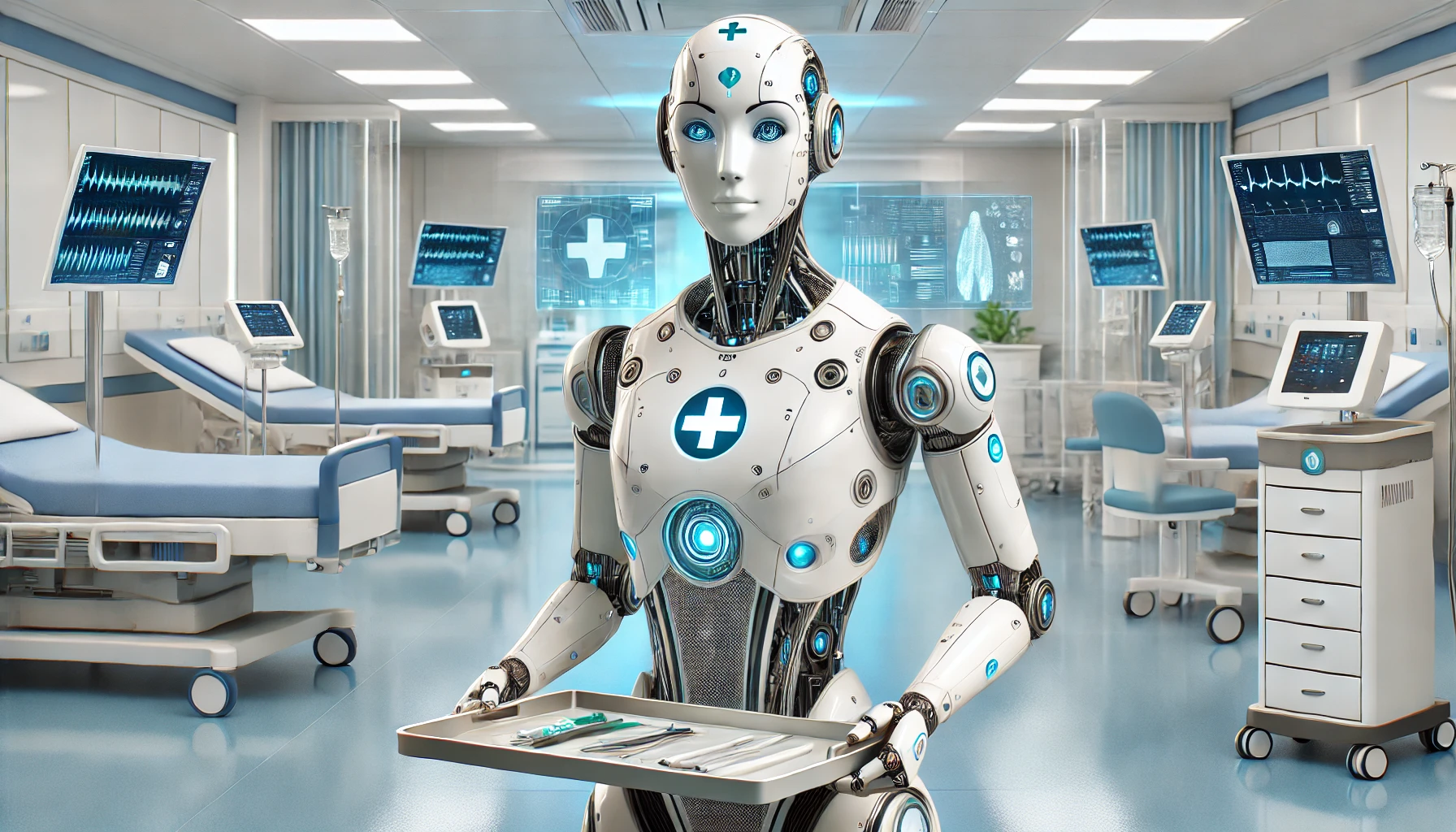The Bizarre Adventures of Machine Learning in Medicine

Machine learning (ML) is taking the medical industry by storm, but not without a few unexpected twists and turns.
In the ever-evolving landscape of medical technology, machine learning has emerged as a quirky and revolutionary force, reshaping the way healthcare is delivered and experienced. From diagnostics to treatment, ML is at the forefront of advancements that promise to enhance accuracy, efficiency, and accessibility in medical care. Here, we dive into the random and peculiar aspects of ML in the medical industry.
Unusual Diagnoses by AI
Imagine an AI system that diagnoses rare tropical diseases in a remote village using nothing but smartphone photos. This isn't a hypothetical scenario but a real-world application of ML in action. By training algorithms on vast datasets of medical images, AI can now identify conditions that even seasoned doctors might miss. This capability is particularly beneficial in areas with limited access to medical professionals.
Predicting Patient Preferences
ML isn't just about diagnosing diseases; it can also predict patient preferences for hospital meals. Yes, you read that right. By analyzing patient data, including dietary habits and cultural backgrounds, ML algorithms can suggest meal plans that cater to individual tastes and nutritional needs. This personalized approach not only enhances patient satisfaction but also promotes better health outcomes.
Robot Nurses with Personality
Meet RoboNurse, the AI-powered robot that not only administers medications but also chats with patients to lift their spirits. Equipped with natural language processing capabilities, RoboNurse can engage in meaningful conversations, providing both medical assistance and companionship. This blend of technology and empathy is transforming patient care in hospitals and long-term care facilities.
Surreal Surgical Assistants
Imagine a world where AI surgical assistants predict the surgeon's next move with uncanny accuracy. These ML-powered systems can analyze a surgeon's techniques and provide real-time recommendations, enhancing precision and reducing the risk of errors. While it sounds like science fiction, this technology is already being tested in operating rooms around the globe.
Virtual Health Fairs
ML is also making waves in public health by organizing virtual health fairs. These online events use AI to match attendees with relevant health resources, screenings, and educational materials. Participants can receive personalized health advice and connect with healthcare providers from the comfort of their homes. This innovative approach is breaking down barriers to healthcare access.
The Future of Medical Cartoons
Lastly, ML is venturing into the realm of medical education with animated cartoons. These educational tools use AI to create engaging and informative content for medical students and professionals. By transforming complex medical concepts into easily digestible animations, ML is revolutionizing the way medical knowledge is shared and retained.
Conclusion
The integration of ML in medical technology is not just a futuristic concept but a present-day reality that is transforming healthcare delivery in unexpected ways. By enhancing diagnostic accuracy, personalizing patient care, and even adding a touch of humor, ML is setting new standards in medical excellence. As ML continues to evolve, its potential to improve healthcare outcomes and enhance the quality of life for patients around the world is boundless. Embracing ML in medical technology is not just an option; it is a necessity for a healthier and more efficient future in healthcare.